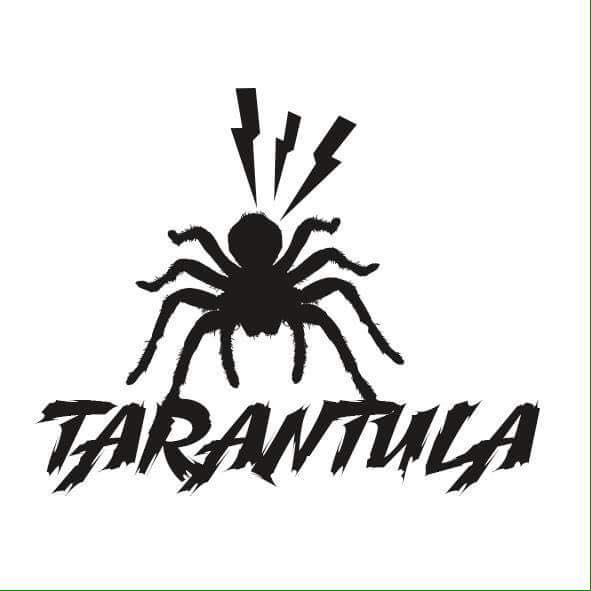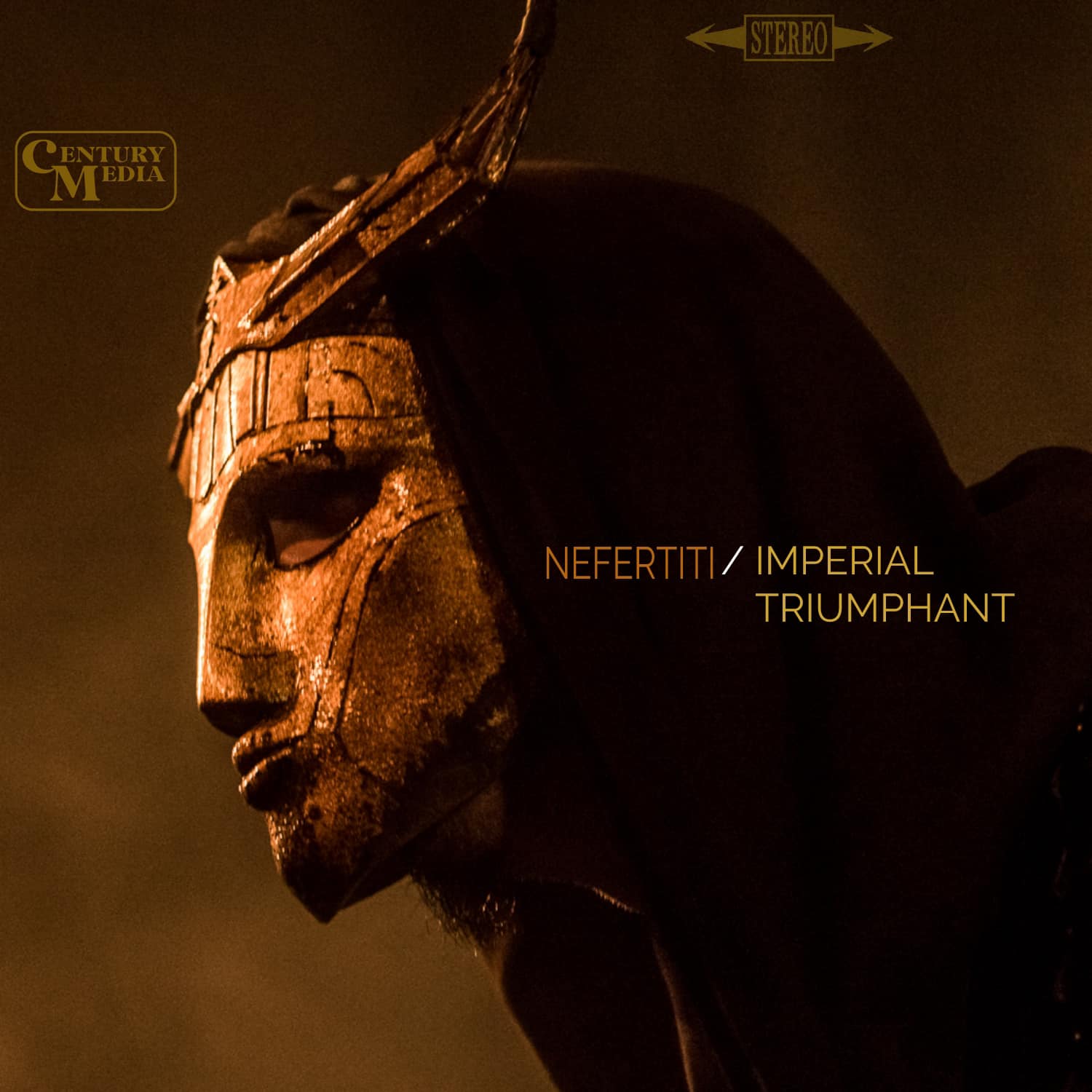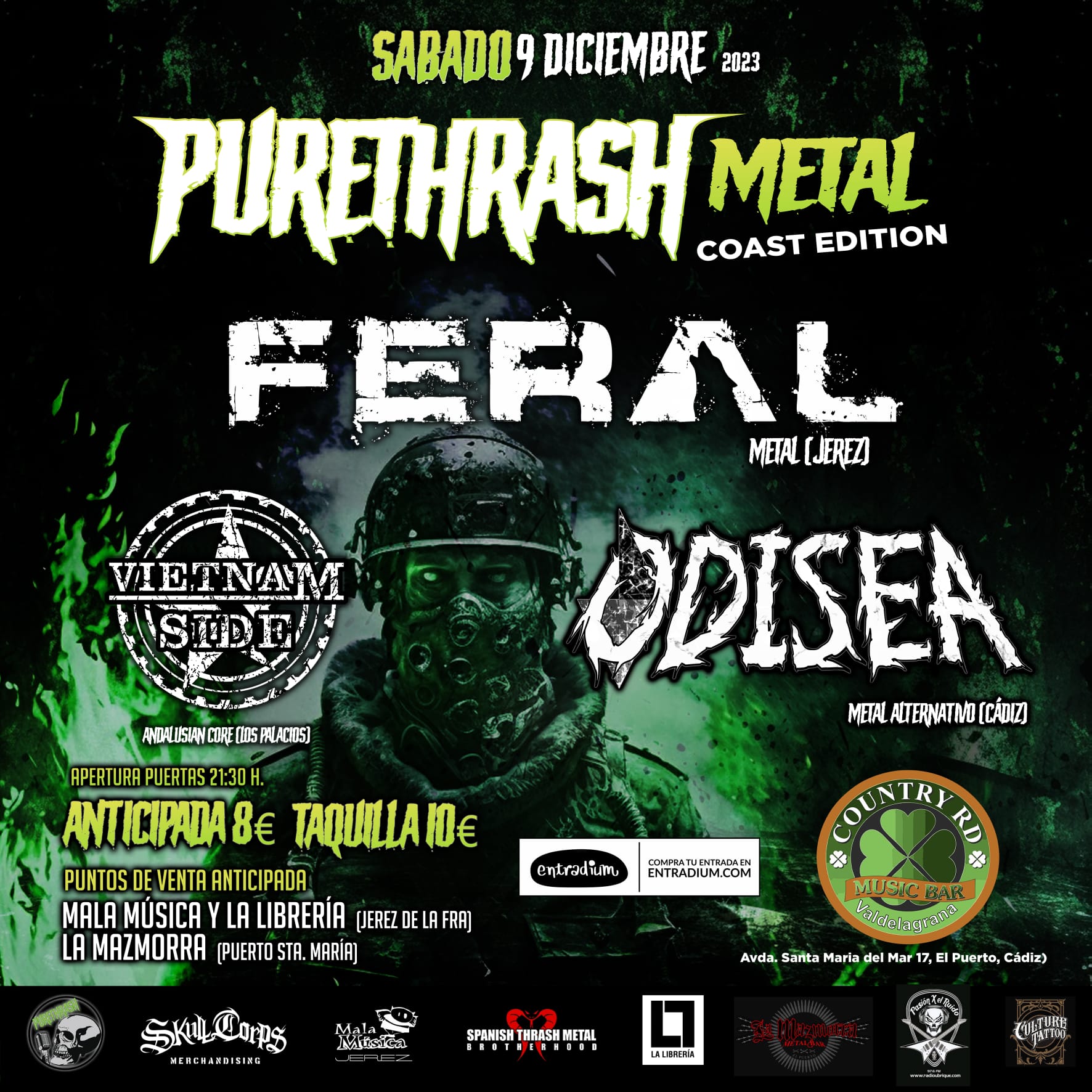[English below]
Jethro Tull vuelve con “The Zealot Gene” después de 20 años de sequía, aunque para ser pragmáticos Ian Anderson alma compositiva del grupo nunca ha dejado de componer durante todo este tiempo liderando varios proyectos en solitario. Y es que la banda con 55 años de vida se sostiene en la impertérrita flauta que tan magistralmente toca Anderson sin discordar en ningún momento en los distintos temas adquiriendo el álbum un sonido setentero con elementos actuales y la combinación de múltiples instrumentos que se conjugan en la maravillosa cabeza de Anderson. Además el disco se apoya en una idea conceptual donde pone en la palestra distintos temas bíblicos y cómo se conjugan en la actualidad conducida a través de narración lírica (dicho de paso siendo más cómodo para Anderson ya que su voz no es la de antes).

El álbum comienza con la jovial flauta del tema “Mrs Tibbets” que nos introduce en un tema donde los sintetizadores le da esa reminiscencia ochentero, con un solo de flauta previo a un solo de guitarra que hace las delicias del oyente. “Jacobs Tales” destaca por el uso de la armónica durante todo el tema. “Mine Is The Mountain” destaca por su intro de piano y una interpretación magistral de Anderson a la flauta, con sus acordes entrecortado compitiendo con la batería. “The Zealot Gene” vuelve a los acordes jocosos de su primer tema con uso de sintetizadores y buen trabajo de guitarra. “Shoshanna Sleeping” pone Los pelos de punta ya que el sonido de la flauta nos transporta directamente a los sonidos de Tull de los 70. “Sad City Sisters” nos transporta al medievo, a la música juglar y popular con el uso magistral del Acordeón. “Warren Beth, Wild Desert John” destaca por un tema a medio gas donde los teclados, flauta, guitarra y batería se conjugan perfectamente. “The Betrayal of Joshua Kynde” es un tema más movido y que suena a rock progresivo de comienzo de los ochenta, en sus teclados me recuerda a Supertramp. “Where Did Saturday Go” volvemos a un tema más pausado donde la guitarra acústica lleva la voz cantante, el solo de flauta suena genial. “Three loves, Three” sigue la tónica del tema anterior pero esta vez el hilo conductor recae más en la flauta que en la guitarra. “In Brief Visitation” es un tema divertido y alegre con flauta más agresiva y guitarra eléctrica. “The Fisherman of Ephesus” me encanta la disposición narrativa del tema con distintos cambios de ritmo que te introducen en la historia, gran tema.
Definitivamente estamos ante un buen disco de Jethro Tull con un sonido excepcional y muy bien producido. Muy recomendable para los fans del rock progresivo de los 70-80 y por supuesto para fans incondicionales de la banda.
Texto: Aaabbbaaattthhh
English:
Jethro Tull returns with “The Zealot Gene” after a 20-year drought, although to be pragmatic Ian Anderson, the group’s composing soul, has never stopped composing during all this time leading several solo projects. And it is that the band with 55 years of life is supported by the undaunted flute that Anderson plays so masterfully without disagreeing at any time in the different themes, acquiring the album a seventies sound with current elements and the combination of multiple instruments that are conjugated in the Anderson’s wonderful head. In addition, the album is based on a conceptual idea where it brings to the fore different biblical themes and how they are currently conjugated through lyrical narration (said by the way, being more comfortable for Anderson since his voice is not what it was before).



The album begins with the jovial flute of the song “Mrs Tibbets” that introduces us to a song where the synthesizers give it that eighties reminiscence, with a flute solo before a guitar solo that delights the listener. “Jacobs Tales” stands out for the use of the harmonica throughout the song. “Mine Is The Mountain” stands out for its piano intro and Anderson’s masterful performance on flute, with his staccato chords competing with the drums. “The Zealot Gene” returns to the playful chords of its first song with the use of synthesizers and good guitar work. “Shoshanna Sleeping” makes your hair stand on end as the sound of the flute transports us directly to the sounds of Tull from the 70s. “Sad City Sisters” transports us to the Middle Ages, to minstrel and popular music with the masterful use of the Accordion . “Warren Beth, Wild Desert John” stands out for a half throttle song where the keyboards, flute, guitar and drums blend perfectly. “The Betrayal of Joshua Kynde” is a more upbeat song that sounds like progressive rock from the early eighties, on its keyboards it reminds me of Supertramp. “Where Did Saturday Go” we return to a slower song where the acoustic guitar takes the lead, the flute solo sounds great. “Three loves, Three” follows the theme of the previous song but this time the common thread falls more on the flute than on the guitar. “In Brief Visitation” is a fun and upbeat track with more aggressive flute and electric guitar. “The Fisherman of Ephesus” I love the narrative arrangement of the theme with different changes of rhythm that introduce you to the story, great theme.
This is definitely a good Jethro Tull album with an exceptional sound and very well produced. Highly recommended for fans of progressive rock from the 70-80s and of course for unconditional fans of the band.
Text: Aaabbbaaattthhh
Listado canciones/Tracklist
- Mrs Tibbets
- Jacobs Tales
- Mine Is The Mountain
- The Zealot Gene
- Shoshanna Sleeping
- Sad City Sisters
- Warren Beth, Wild Desert John
- The Betrayal of Joshua Kynde
- Where Did Saturday Go
- Three loves, Three
- In Brief Visitation
- The Fisherman of Ephesus


![[Reseña] Vuelve Jethro Tull, El flautista de Dunfermline](https://www.algoderock.com/wp-content/uploads/2021/12/unnamed-2-3-scaled.jpg)


![[Reseña] SERENITY VUELVE A SUS FUEROS EN ESTE “NEMESIS A.D”](https://www.algoderock.com/wp-content/uploads/2023/11/386640845_898416944979543_6251700821426142423_n-190x122.jpg)
![[Reseña] Ankhara “De Aquí A La Eternidad” – Power Metal, headbanging y ríos de lava](https://www.algoderock.com/wp-content/uploads/2023/10/342221481_636594758310476_4227657371916687351_n-190x122.jpg)
![[Reseña] Just Friends “Gusher” – Sucio Funk, humedad y el café de por la mañana](https://www.algoderock.com/wp-content/uploads/2023/11/353064113_677782640828474_3030648305378393086_n-190x122.jpg)



















